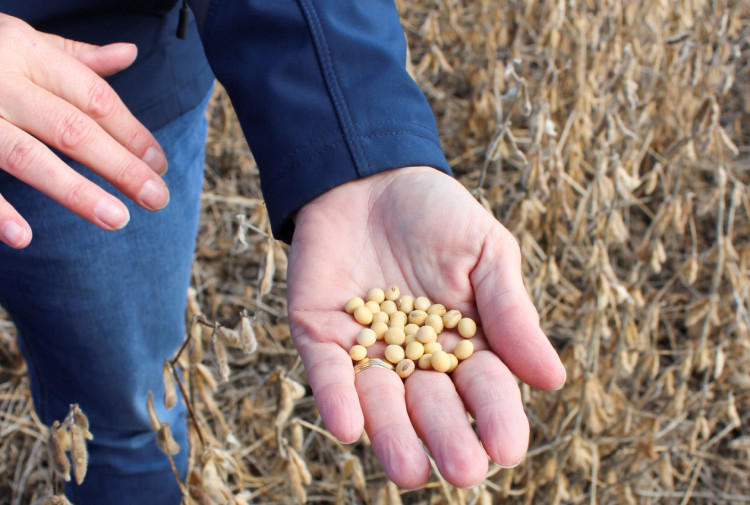Prominent global organizations called for immediate action to address rising food shortages in poor nations, including funding to support farmers and improve food supplies, in a statement released yesterday.
Energy and food costs have soared in recent weeks as a result of Russia's invasion of Ukraine and Western penalties against Moscow while increasing natural gas prices have damaged fertilizer manufacturing, which has affected farmers.
In a joint statement, the chiefs of the IMF, World Bank, World Trade Organization, and United Nations World Food Program said that it is important to immediately provide joint support for food-insecure countries.
Protests about inflated prices have risen in certain countries, according to the statement, and the increase in inflation rate and supply shortages can exacerbate social tensions in many of the nations affected, particularly those that are already unstable or afflicted by conflict.
The groups urged the global community to supply emergency food rations, create a support system for disadvantaged families and farmers, and boost agricultural production. They also advocated for open trade, which would allow them to bypass export restrictions and humanitarian food purchases.
Though poor countries are the most exposed to the issue, middle-income countries are becoming increasingly vulnerable.
According to the organizations' statement, rising fertilizer prices combined with considerable reductions in global supplies have significant consequences for food production in most nations, especially major producers and exporters that rely significantly on fertilizer imports.
The statement was released ahead of the IMF and World Bank meeting next week by IMF Director Kristalina Georgieva, WB President David Malpass, World Trade Organization Director Ngozi Okonjo-Iweala, and World Food Programme Director David Beasley.
The conflict in Ukraine erupted as the world economy struggled to recover from the Covid-19 outbreak while managing supply chain scowls that resulted in shortages and an increase in inflation.
China's new lockdowns have thrown the recovery into even more doubt.
Activists in Peru and Sri Lanka took to the streets to seek government action after the government declared on Tuesday that it will default on its $51 billion in foreign loans.
During the pandemic, poverty climbed significantly, and the World Bank forecasts that a one-percentage-point growth in food costs will push 10 million people into severe distress around the world.
"Rapidly rising staple prices and supply constraints are putting pressure on people around the world, pushing millions more into poverty. People all throughout the world are being harmed by increased fragility and war," officials stated.






